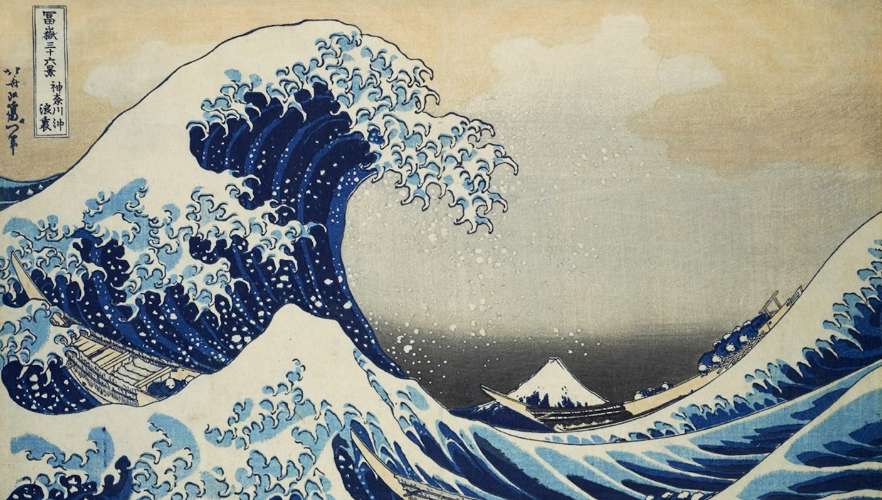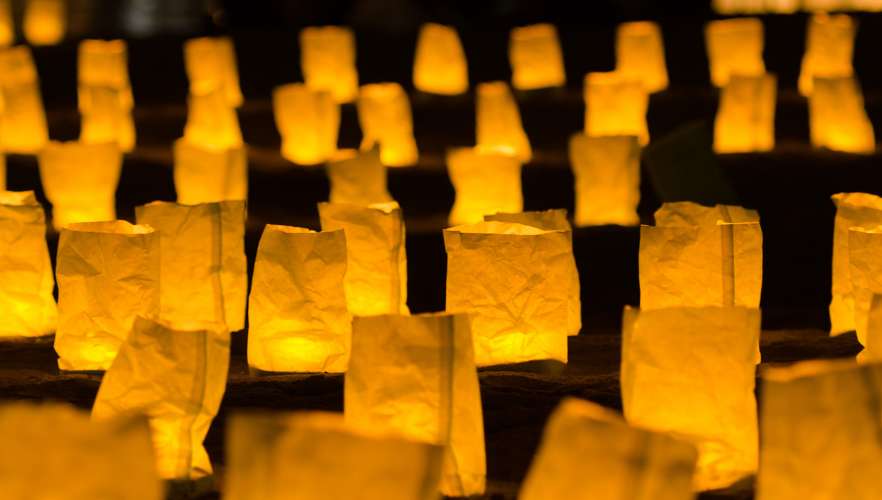Held every year on the third Monday in July, Umi no Hi (Marine Day) in Japan is about recognising the importance of the ocean and giving thanks for all it provides to the country and people of Japan.
Why is this day important?
The people of Japan are very dependent on the ocean that surrounds them, as fishing is a major source of income for large numbers of Japanese people and the ocean provides the staple ingredient in the average Japanese diet (sushi anyone?!).
The major religions in Japan (historically and today) also have a part to play in the importance of Marine Day. These major religions are Shintoism and Buddhism, and they place a lot of importance on nature. The fact that the ocean is part of the natural environment of Japan means protecting it will be a high priority for a lot of Japanese people that follow these religions. You will even find that, though this attitude was traditionally linked to religion, over the years it has influenced Japanese traditions and culture so much so that, even if people aren’t religious, modern-day Japanese people still feel it’s important to respect and value the natural environment – a great attitude to have!
We also have to remember that, as the country is made up of a number of smaller islands, you are never far from the sea in Japan (over 18,000 miles of Japan is coastline)! So, it’s definitely a constant, and therefore important, part of life there.
Because of the dependence on the ocean, and the fact that it is woven into everyday life in Japan, it naturally plays a major role in Japanese culture, history, and art. Need an example? How about one of the most well-known paintings in Japan – The Great Wave off Kanagawa by Hokusai – in which a large wave dominates the scene and towers over a representation of Mount Fuji and fishing boats with men bowing to the wave. This could be seen as a representation of just how present the ocean is in Japanese life and how important it is to respect it. Given that it’s so woven into the fabric of society, it’s natural that Marine Day is an important date in the Japanese calendar.
What do you do on Marine Day in Japan?
As it is a modern holiday, there are no traditional practices associated with Marine Day. That doesn’t, however, mean that Japanese people haven’t developed new traditions! As it’s the unofficial end of the monsoon season, and often the start of summer holidays for students, families and groups of friends usually head for the nearest beach and enjoy water sports like swimming, snorkelling, or surfing. It’s also common for people to practice ‘mud-ball throwing’, which involves people launching special balls composed of effective microorganisms (EMs) into the ocean, as these EMs help to reduce potentially harmful sea waste/grime and improve the quality of the seawater. A way to give back to the oceans that have provided them with so much!
Local aquariums and swimming pools also usually have exciting events on to celebrate, so there are lots of ways to get involved!
The fun doesn’t stop when the sun goes down either! In addition to lots of firework events, there are also Marine Day Lantern Festivals (one of the most popular is in Odaiba, Tokyo) where lighted paper lanterns are set up on the seafront (usually on the beach) in different patterns that reveal an image when seen from a certain angle. There are different images every year and it’s definitely a sight to behold!
Do you celebrate the ocean in your home country? If not, give it a try this year! Or if you’d prefer to experience the Japanese celebration for yourself, you could head out to Japan on our NEW Japan TEFL Internship!
Have questions? Or want to speak to someone before you book? Arrange for a free call back with one of our Japan Internship TEFL experts!






